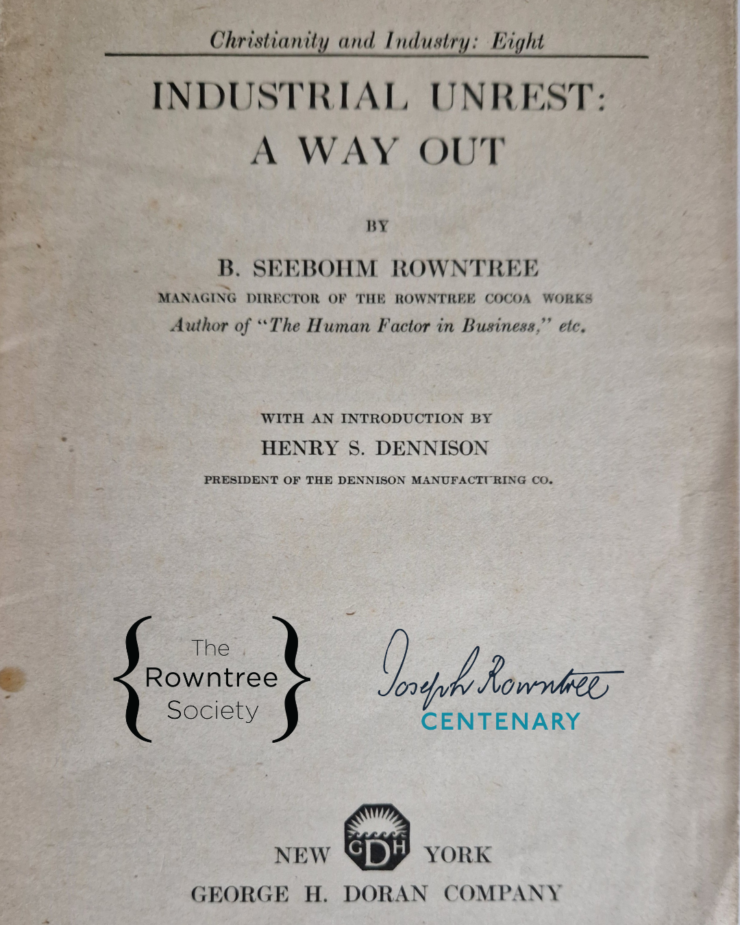Tanners Moat Factory
First Rowntree Factory; Joseph buys into the business in 1869
Tanners Moat was the first Rowntree factory, although it reality it was a collection of buildings adapted for the purpose and altered over time. Joseph joined his brother Henry Isaac here in 1869, investing capital and his time into what was then a struggling business. There were more challenges to come but it was following the creation of Rowntree fruit pastilles that the fortunes of the business took a turn for the better and sales and profits went up. Tanners Moat is where the business eventually became successful and expanded to become the globally recognised Rowntree company and brand that we remember today.











